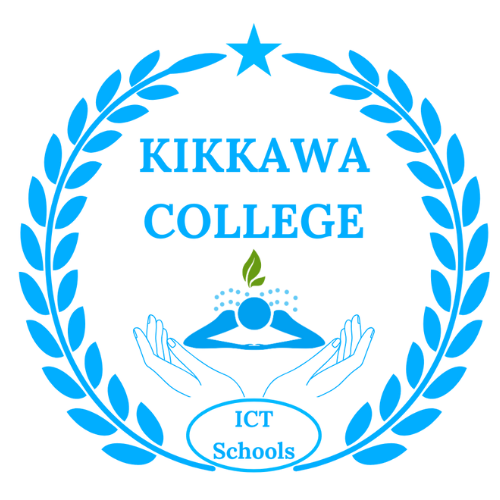In a medical office, trust is essential. Doctors and nurses follow strict patient confidentiality rules in healthcare. But every team member shares this duty, especially the Medical Office Administrator. They are the first and last point of contact. They handle a constant stream of sensitive data. With digital records and privacy concerns growing, their role is more critical than ever.
This is both an ethical and a legal duty. Administrators must follow laws like HIPAA in the U.S. and PIPEDA in Canada. They must apply the “minimum necessary disclosure” rule to every task. This includes phone calls and file storage. They must verify a patient’s identity before sharing any details. They must discuss billing discreetly, away from other patients. A simple mistake can become a serious breach.
The digital age adds more complexity. Administrators are the main users of Electronic Medical Record (EMR) systems. They manage user access and enforce strong passwords and understand audit trails that track who sees a patient’s chart. They are the human firewall for personal information.
This role demands integrity, sharp attention to detail, and deep respect for patient privacy. Patients share private details expecting complete discretion. The Medical Office Administration diploma at ICT Schools builds this culture of privacy from day one. We prepare you to be a trusted custodian of patient information. Protecting confidentiality is not just a task—it is central to patient care and the trust a medical practice needs to function.






